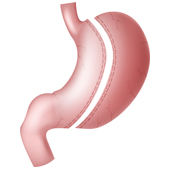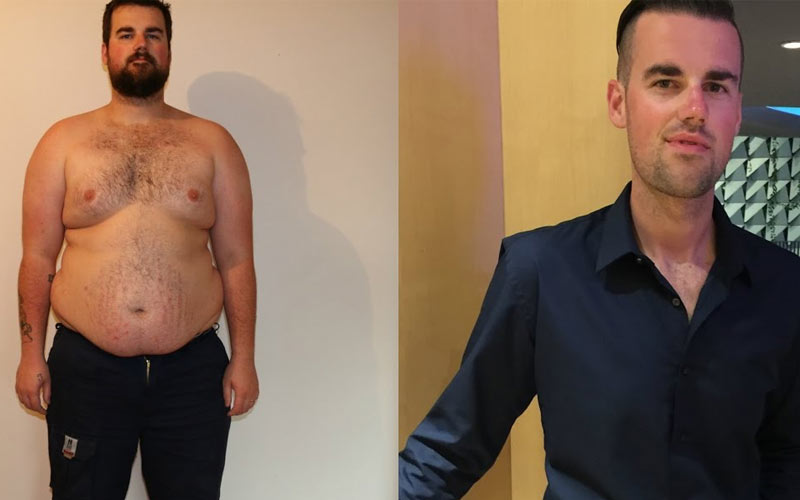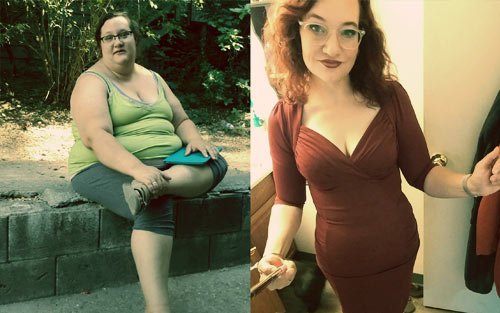Sleeve Gastrectomy
Sleeve gastrectomy is one of the medical procedures used for weight loss and many other health purposes, here is all you need to know about it.

Sleeve Gastrectomy is a process by which the entire or one part of the stomach is removed. It is an operation that has several types and methods, and it may also leads some health problems with it.
Types of sleeve gastrectomy Surgery
There are three types of sleeve gastrectomy:
- Partial Gastrectomy: which is a partial resection of the stomach, and more percisly, the lower part of it.
- Total Gastrectomy: a complete removal of the stomach.
- Sleeve gastrectomy that involves removing the left part of the stomach only.
Although gastrectomy does not deprive you of the ability to eat and drink, you still need to make several important life changes after this procedure.
Why Sleeve Gastrectomy is performed?
Sleeve Gastrectomy is usually performed for many purposes, the most important one is treating some stomach problems that cannot be treated in any other way, such as:
- The presence of tumors in the stomach (malignant or benign).
- Bleeding
- Certain infections.
- Holes in the stomach wall.
- The presence of strange lumps and growths inside of the stomach.
- Stomach cancer.
- Acute stomach ulcer.
It is also possible to get this operation as a treatment for obesity. Here, when the size of the stomach shrinks, it will be filled up faster, and thus; the person eats less quantities and his weight will be reduced. However, it is not generally recommended to perform a gastric sleeve as a treatment for obesity, unless all other procedures have failed, such as:
- Diet.
- Exercise.
- Medicine.
Preparing for sleeve gastrectomy surgery
The patient’s medical history is fully reviewed before the operation, blood tests and some medical x-rays are done as well, to ensure the patient’s eligibility for the operation.
The doctor has to be informed about any medications the patient is taking. If the patient is a woman, she must inform the doctor if she is pregnant, intends to become pregnant, or has any diseases such as diabetes.
Smoking should be stopped completely because smoking increases healing time that the body needs to recover after the operation, and increases the chances of infection and inflammations.
How Sleeve Gastrectomy is performed?
There are two different methods to perform the sleeve gastrectomy, but both of them are performed under general anesthesia, and they are:
- Regular Surgery: This involves making a large incision where the skin and tissues are shifted to reach the stomach.
- Laparoscopic Surgery: This type of procedures does not require making a large cut or incision in patient’s body to reach the trageted area. This type of surgery is usually preferable than a regular surgery, to reduce the chances of complications.
Risks of the Sleeve Gastrectomy
The operation of Sleeve Gastrectomy may leads to many risks and complications, such as:
- Gastroesophageal reflux.
- Diarrhea.
- Dumping syndrome, which is a severe type of digestive disease
- Inflammation in the incession area.
- Chest infection.
- Internal bleeding.
- Nausea and vomiting.
- Leaking of gastric acid into the esophagus.
- A block in small intestine.
- Lack of vitamins.
- External bleeding.
- Breathing Difficulties.
- Organs failure and damage next to surgery area.
After Sleeve Gastrectomy
After the operation, the doctor closes the surgical cuts, and he puts the patient under observation in the hospital for a period, no less than 1-2 weeks. During hospital accomotation period, the doctor will connect a special tube between the patient’s nose and stomach, to help the stomach gets rid of any fluids that may get stuck in it, and relieve the patient’s feeling of nausea.
During the recovery period, the patient receives a parenteral nutrition, till the doctor allowes him to eat and drink normally.
Life-style changes are necessary after the operation
After the operation, it is necessary to change the patient’s lifestyle and food habits, and these changes include:
- Eating less food at every meal during the day.
- Staying away from eating fiber-rich food.
- Focus on eating calcium-rich, iron, vitamin C and vitamin D food.
- Taking vitamin supplement.
The patient may need long time relatively, to recover after the Sleeve Gastrectomy procedure, but at the end, the stomach and the small intestine will expand slightly, then the patient will be able to eat larger amounts fibers and larger meals generally.
See Also





